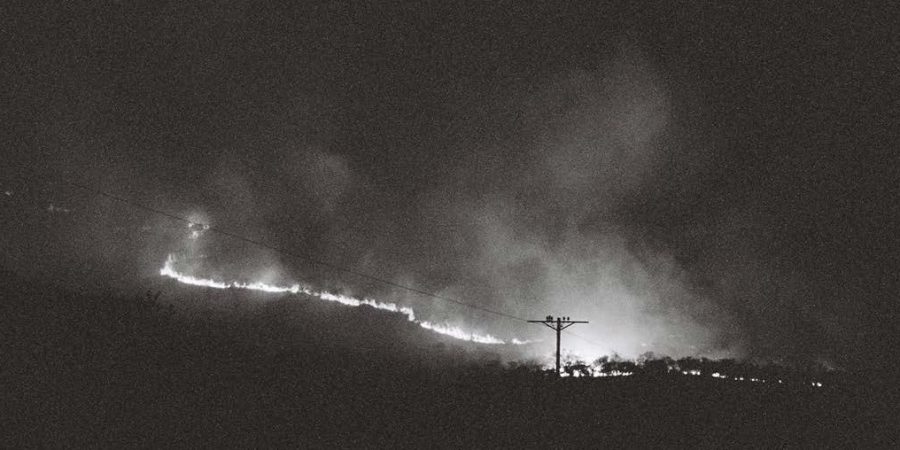Power: remaking selves, archives, environments
Visual History & Theory Workshop 27-28 July 2023 Call for Papers
Workshop date: 27-28 July 2023
Deadline for submission of abstracts: 15 June 2023
Venue: Centre for Humanrties Research, University of the Western Cape
Abstracts & Enquiries: to Patricia Hayes at visualhistoryuwc@gmail.com
The CHR is pleased to announce a call for papers for this year’s Visual History and Theory Workshop, organised as part of the SARChI Chair in Visual History and Theory. See below and follow the link for further details.
At one level, there is a longstanding debate about photography and power, and the power of photography. Who controls representation, and what does it mean for the historically marginalized or dispossessed to take the power of representation into their own hands? These shifts in representation, past and present, often pivot around collective self-empowerment, the remaking of selves, and claims on belonging.
But what if we also think about power on another and nonhuman level? Power in these terms might reference the “natural” elements, such as water, earth, air and fire. Photography’s darkroom practices have been associated with an archaic “liquid intelligence” (Wall). Coming from the “stratigraphic medium” (Tucker), a photograph is also the “sediment” deposited by history (Kracauer).
This international workshop seeks to link older debates about representational power with new ones about the changing ecologies in the world. Participants are invited to consider power not just in terms of a “luminous glare” of flashlight press photography that Martin Luther King articulated in the 1960s, but also in terms of remaking and belonging on the earth when power–luminous or otherwise–is no longer a human-centred question.
The workshop is inter-disciplinary. We invite participants to submit short abstracts that address issues of power, image, archive and environment. These might include environmental issues; ephemeral or precarious archives; artistic responses to ecocide; challenges to colonial and other forms of power in the history of photography. Papers are not restricted to photographs. The discussion of other kinds of images and technologies related to images are welcome. The workshop will be in-person.


